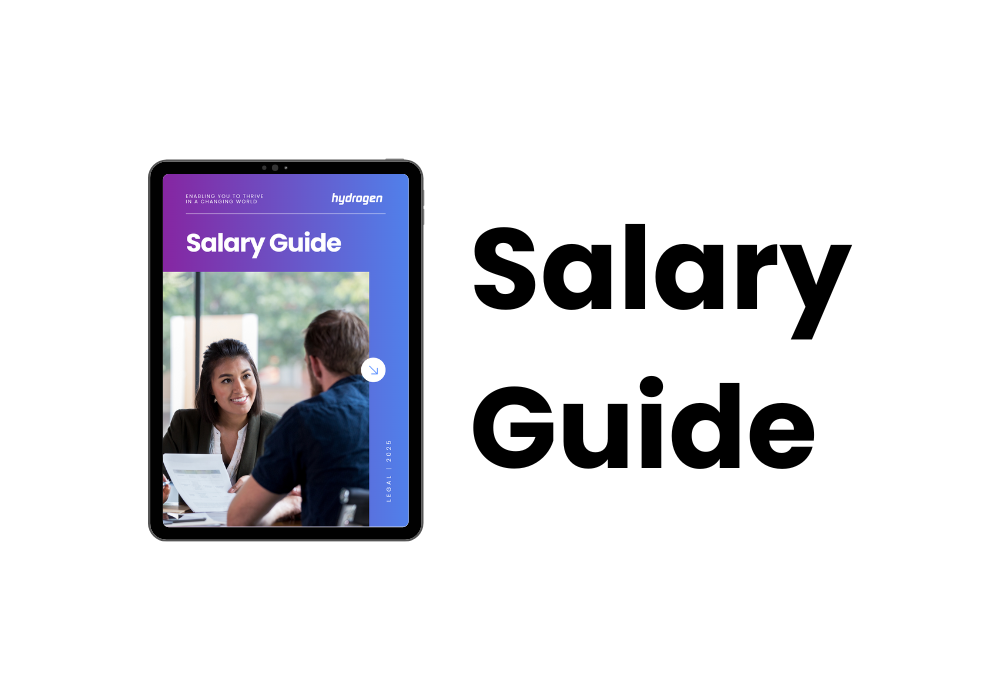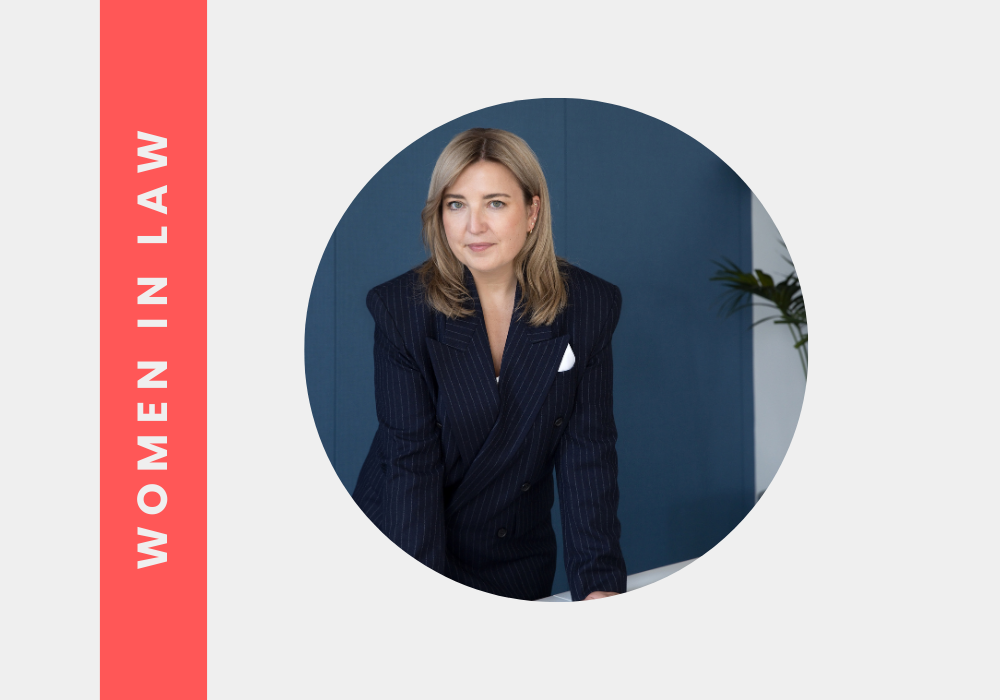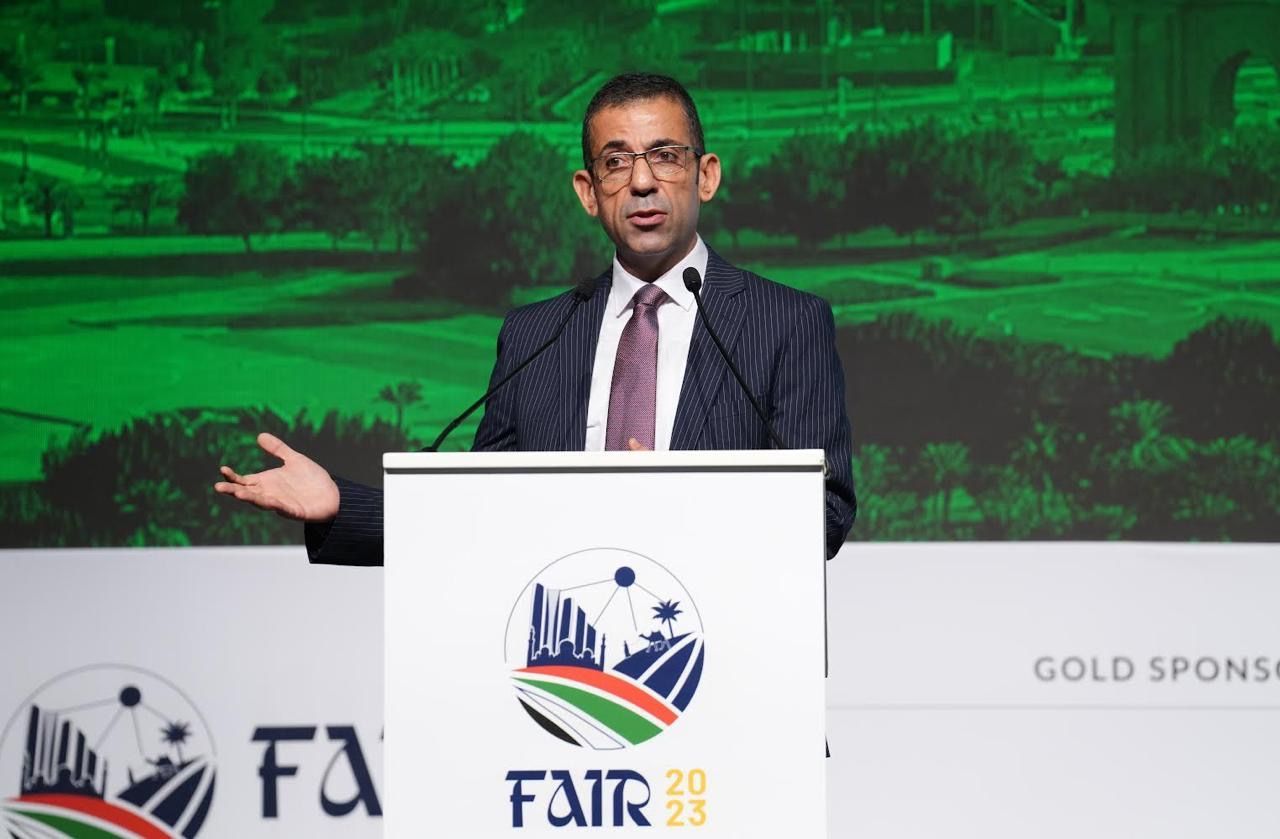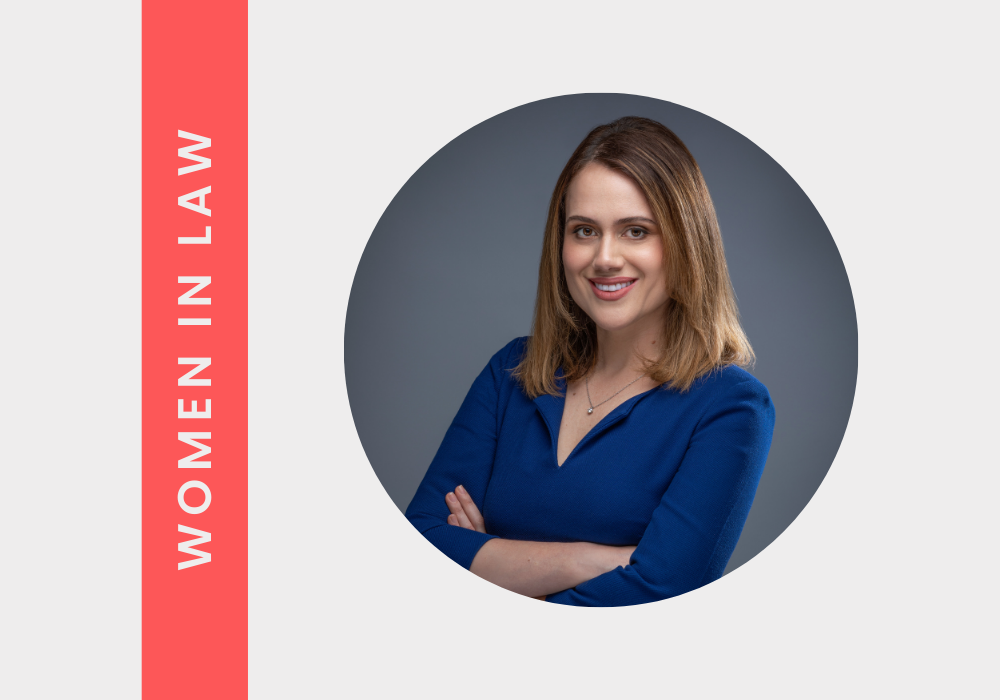Women in Law: Ravi Gill
We're back! We're thrilled to announce the return of our interview series, Women in Law, where we shine a spotlight on the extraordinary women making waves in the legal world. Join us as we delve into their journeys, explore their challenges and triumphs and celebrate their remarkable achievements.
Kicking off our series is Ravi Gill, a UK-qualified lawyer specialising in Real Estate Law, with extensive general commercial experience. She boasts over 25 years as a Real Estate Lawyer in both the UK and UAE, and more than a decade of experience in Board Secretarial roles. Her diverse career spans in-house and private practice appointments, working across all aspects and divisions of the business. Stay tuned as we dive into her journey, expertise, and the unique insights she brings to the legal profession.
Tell us about your career progression to date.
I qualified as a solicitor of England and Wales in 1997 in the UK and joined Hammonds (now known as Squire Patton Boggs) in London in their commercial property department for 5 years. A close friend of mine had moved to Dubai around that time on a finance project for the Dubai Government and I decided to visit her in 2002. I was astounded at the number of cranes throughout the city and the sense that something big was about to happen, particularly from my perspective working in the real estate sector. My friend suggested that I should apply to Emaar Properties at the time, and I did. Dubai had not been on my radar at all, and I was very much on the private practice trajectory of working my way up in a law firm through to partnership, but Dubai had different plans for me. Emaar flew me over for an interview and before I knew it, I had been offered the job of Senior Legal Counsel. I have held 4 different positions within Dubai over the last 20 years and am currently a Senior Vice President of Legal with the DIFC Authority , where I have been based for the last nearly 9 years.
What one factor has helped you the most throughout your career?
Being open to learning. I believe if you have this one attribute you can navigate whatever life throws at you in terms of career and most other issues we face in life. This includes adaptability in terms of always being open and willing to learn the needs of a business as it grows, evolves and innovates including the laws and regulations in the industries and region in which the business operates. This learning then allows you to understand and advise on what is being aimed at from a commercial perspective, and what is achievable or best practice from a regulatory perspective.
Do you think that your gender has ever hindered you or blocked any personal progression?
On the face of it, no. Especially not in this region where women’s achievements are encouraged and celebrated by His Highness, the ruler of Dubai. However, it would be remiss of me not to mention that I have encountered some level of unconscious bias in terms of gender in certain workplaces. From my perspective, I will always base my worth in an organisation on what I am providing to a business in terms of skills and experience rather than my gender. I am confident in my abilities and feel a duty towards younger women coming into the workplace to try and dismantle such biases.
In your experience, what has been the most significant change for women in the legal field over the last 5 years?
I am seeing more and more women CLO’s and partners in law firms, which makes me extremely proud. Women are often pressurised into playing small and I am glad to see a shedding for a lot of women of what can often feel like imposter syndrome.
How important is it to have other women visible at management level?
Extremely! It tells you a lot about an organization and its culture in my view. Paying lip service to diversity and making it a part of your story as a business are two very different animals. I would advise young women entering into organisations to ask for details on the structures of the teams they are joining to get a gauge of the level of diversity being employed - not just in terms of gender diversity.
What do you think the legal industry can do to improve diversity and inclusion?
The people who have the power to recruit should have regular training on diversity and inclusion to ensure they are picking the right candidates for their organisations. There should also be learning provided around how non-diversity directly affects the bottom line of a business. Legal teams within listed companies will now be subject to the same ESG guidelines applicable to the rest of the company and such information is often made available to shareholders upon their request.
What are some of the obstacles you foresee for future generations of women, and is there anything we can do about them?
I do see some women struggling when they are rushed back to work too soon after giving birth or being made to feel that they are suddenly not as worthy as they were before childbirth. I think some younger generations of women who wish to pursue their careers may feel that having children is no longer a viable option to them depending on the economies they live in. Organisations should seek to retain female talent through more flexible work practices and assist in providing whatever maternity support is needed.
What advice do you have for young women looking to make a career in your industry now?
I think it’s important for all genders to stay ahead of the curve in their industries. Stay up to date with the latest tools, innovations and changes within your field of work. Above all, don't ever let a male colleague make you feel that you are lesser than simply because of your gender. Believe in yourself, make use of your learning and experience and conduct yourself with compassion and professionalism at all times. Be confident that you are always bringing something of worth to the table!
I also advise connecting with strong female leaders in law or other industries to mentor and guide you through your career path and journey. I have always found that there is much wisdom to be gleaned from the experience of those who have forged their paths before you.
To read more from our Women in Law series, click here.













